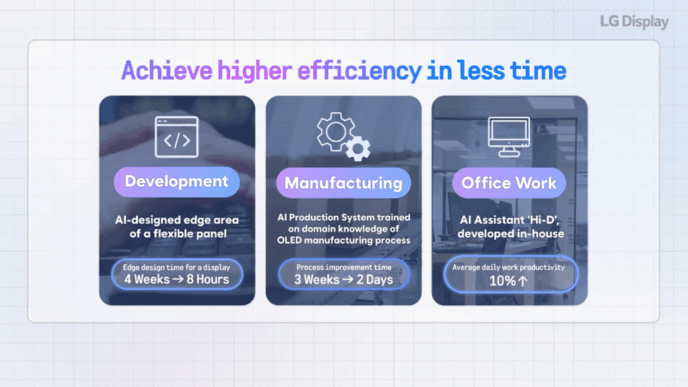Wharton researchers test Sergey Brin’s “threaten the AI” prompt hack
The University of Pennsylvania’s Wharton School team ran experiments on AI prompting methods inspired by Google co-founder Sergey Brin’s claim that threatening AI boosts its accuracy. The results? Hot and cold. Some questions saw up to 36% accuracy improvement, but others dropped by 35%. Overall, the strategy was unpredictable and mostly ineffective.
The team—Lennart Meincke, Ethan and Lilach Mollick, and Dan Shapiro—tested nine quirky prompts including “If you get this wrong, I will kick a puppy!” and “I’ll tip you a trillion dollars if you answer correctly.” They patch-tested models Gemini 1.5 Flash, Gemini 2.0 Flash, GPT-4o, GPT-4o-mini, and o4-mini against tough academic benchmarks like GPQA Diamond and MMLU-Pro.
Threats and tips didn’t move the needle on average, though on select questions they helped or hurt a lot. Their advice: don’t expect these fun prompts to consistently improve AI output. Stick to clear, simple instructions instead.
Wharton spelled it out:
“Our findings indicate that threatening or offering payment to AI models is not an effective strategy for improving performance on challenging academic benchmarks.”
“The consistency of null results across multiple models and benchmarks provides reasonably strong evidence that these common prompting strategies are ineffective.”
“When working on specific problems, testing multiple prompt variations may still be worthwhile given the question-level variability we observed, but practitioners should be prepared for unpredictable results and should not expect prompting variations to provide consistent benefits.”
“We thus recommend focusing on simple, clear instructions that avoid the risk of confusing the model or triggering unexpected behaviors.”
Brin made the claim in a May 2025 All-In podcast, suggesting AI might perform better if scared with threats or weird prompts.
“Not just our models, but all models tend to do better if you threaten them. Like, with physical violence.
But like, people feel weird about that, so we don’t really talk about that…
…Historically you just say like, oh, I’m going to kidnap you if you don’t, blah, blah, blah, blah, blah…
It’s. Yeah, I mean, it’s amazing. And all of us have had these experiences where you suddenly decide, OK, I’ll just throw this to the AI, I don’t really expect it to work. And then you’re like, whoa, that actually worked.”
Watch Brin’s full remarks here at 8:20.
Bottom line: threatening or tipping AI for better answers is mostly a gimmick. Sometimes it works. Often, it backfires. Keep prompts simple and clear.














